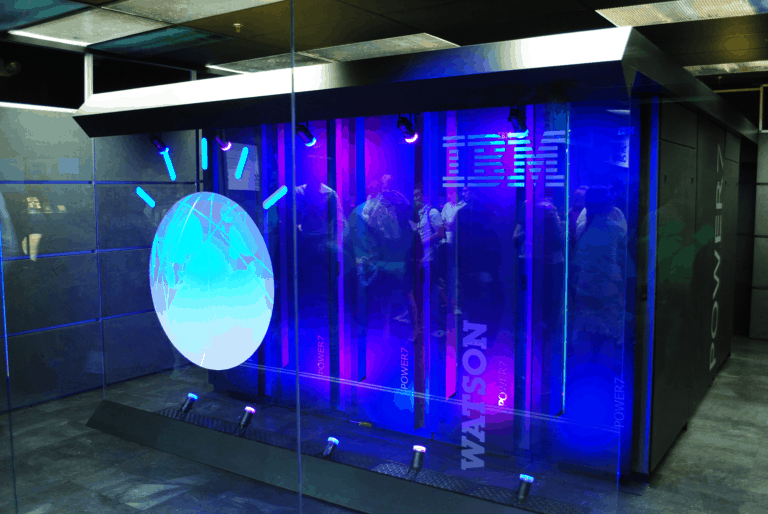The Brisbane City Council (BCC) has succeeded in developing a new way to better understand citizens. The BCC used artificial intelligence to use all the information it already had in its hands and to learn something new. Now IBM Watson also understands sarcasm and therefore sentiment among citizens.
Brisbane is one of the largest cities in Australia. The city is 33 times the size of Melbourne and has no less than 1.3 million interactions with citizens each year. It is a question of providing services to citizens in order to ensure that the inhabitants of the city are provided with the best possible assistance.
Read Sarcasm
During the Criterion Conferences Improving Customer Experience across Government event in Sydney, BCC customer service manager Shane Hackett explained that the city was starting an AI project. That was to identify everything that wasn’t yet known. I looked at all the sources of information we had; all the social media messages from the past three years, every reaction that a library customer had made or that the librarian had recorded in their system, all the information about the employees, Hackett started.
It made me collect 20 million pieces of three-year data. This was all information we had as a municipality and BCC turned to two companies from Queensland: Max Kelsen and Sprout Research. They had to use artificial intelligence to do something with all that data. We gave them a very broad assignment. In fact, it was just tell us things we don’t know.
Seven weeks later, IBM Watson already understood how people were talking in the city. But not only that, but Watson also quickly understood how sarcasm works. The Brisbane City Council, which is always brilliant, has done a great job with traffic management. If you look at it without sarcasm, it’s a very positive statement, but in fact it was meant to be very negative. And that is very important, because there are a lot of sarcastic people, especially on social media.
This news article was automatically translated from Dutch to give Techzine.eu a head start. All news articles after September 1, 2019 are written in native English and NOT translated. All our background stories are written in native English as well. For more information read our launch article.